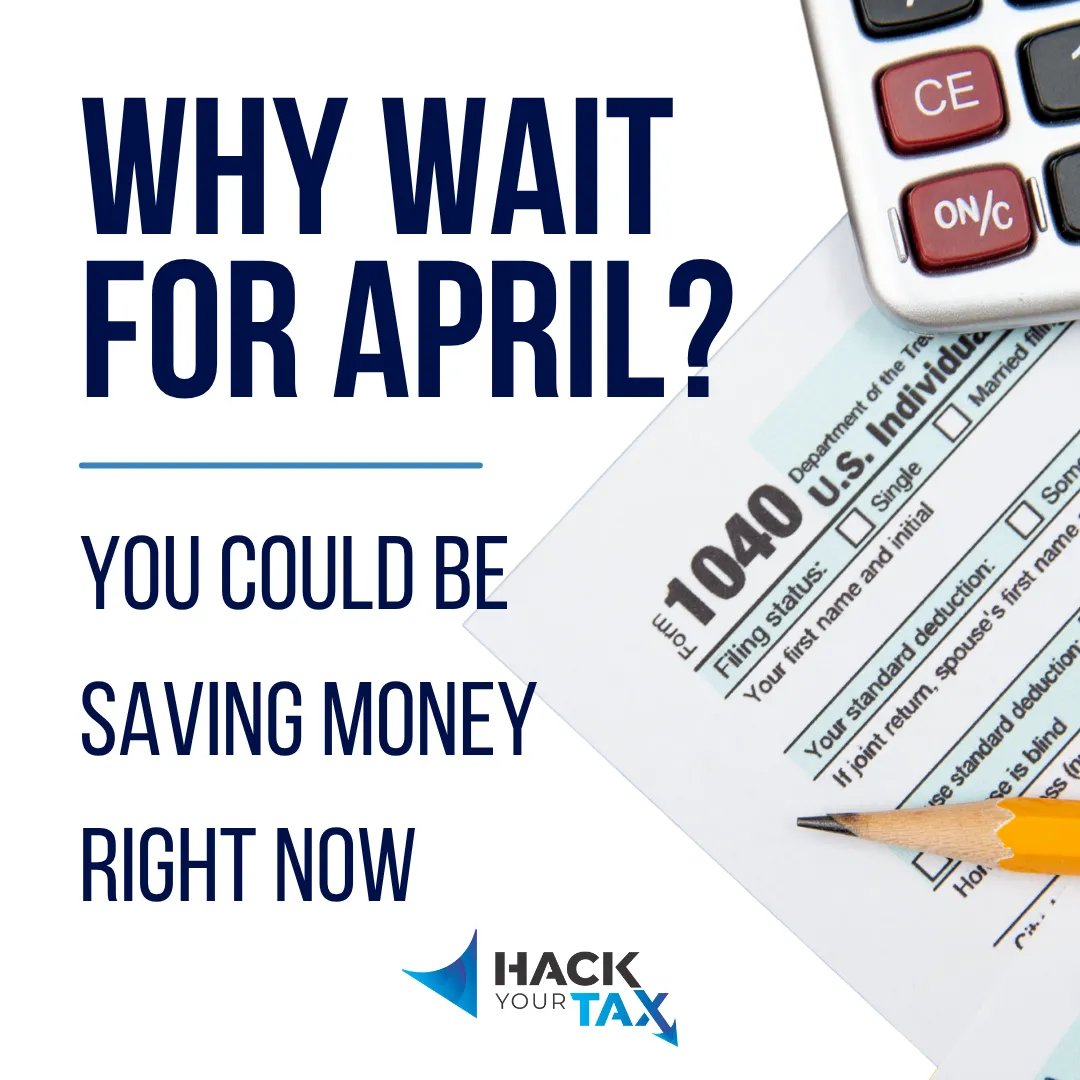
Baby Boomer Tax Guide to Retirement | Hack Your Tax
The Baby Boomer Tax Guide to Retirement
Smart Moves for Saving More, Paying Less, and Enjoying the Life You Worked For
You’ve spent decades working, saving, and building a life worth retiring into—now it’s time to make sure your tax strategy is just as ready as you are.
Whether retirement is right around the corner or already in full swing, Baby Boomers face unique tax challenges—and even better opportunities—to protect their income, reduce taxes, and stretch their wealth further into the future.
Let’s dive into what matters most when it comes to tax-smart retirement planning for Baby Boomers—and how to keep more of your hard-earned money.
1. Know How Your Retirement Income Is Taxed
Here’s the truth: not all retirement income is treated equally. Some of it is taxable, some of it isn’t, and some depends on your total income level.
Common retirement income sources include:
Social Security – Up to 85% may be taxable, depending on your other income
Pensions and annuities – Typically fully taxable
401(k) and Traditional IRA withdrawals – Taxable as ordinary income
Roth IRA withdrawals – Not taxable if you meet the age and time requirements
Investment income – May be subject to capital gains tax
👉 Tip: A smart withdrawal strategy (like pulling from taxable accounts first, or spreading out withdrawals) can help you stay in a lower tax bracket.
2. Time Your Required Minimum Distributions (RMDs)
Once you turn 73, the IRS says it’s time to start pulling money out of your tax-deferred retirement accounts—whether you want to or not.
These are called RMDs, and they’re fully taxable. Failing to take them results in a hefty penalty—up to 25% of what you should have withdrawn. Ouch.
👉 Tip: Work with a tax advisor to develop an RMD strategy that avoids big tax hits and keeps your income flowing smoothly.
3. Use Qualified Charitable Distributions (QCDs) to Lower Your Taxable Income
Feeling generous? If you’re 70½ or older, you can donate up to $100,000 per year directly from your IRA to a qualified charity.
The best part? It counts toward your RMD and doesn’t get included in your taxable income.
👉 Translation: You get to do good and reduce your tax burden. Win-win.
4. Be Strategic With Social Security
Should you take Social Security early at 62? Wait until full retirement age? Or hold out until 70 for the biggest check?
Each option has pros and cons—but from a tax perspective, delaying could reduce the amount of your Social Security that's taxed, especially if it allows you to live off lower-tax sources of income in the meantime.
👉 Tip: The best move depends on your full income picture, and a good advisor can help model it out.
5. Consider Roth Conversions Before You Hit 73
While you’re in your 60s and maybe in a lower tax bracket (especially if you haven’t started taking Social Security or RMDs yet), you might benefit from converting some traditional IRA or 401(k) funds to a Roth IRA.
You’ll pay taxes on the conversion now, but then your withdrawals in retirement will be tax-free—and there are no RMDs on Roth IRAs. Boom.
👉 Tip: Spread conversions out over several years to avoid pushing yourself into a higher bracket.
6. Don’t Forget State Taxes
Each state has different rules when it comes to taxing retirement income. Some don’t tax it at all. Others hit pensions, IRA withdrawals, or Social Security harder than you’d expect.

👉 Tip: If you’re considering relocating in retirement, be sure to explore the total tax impact, not just income tax rates.
7. Work With a Pro Who Specializes in Retirement Taxes
The right advisor won’t just file your taxes—they’ll help you plan. From timing withdrawals to managing RMDs, spotting deductions, and preparing for future care costs, a proactive strategy can make a six-figure difference over the course of retirement.
Retirement is the time to enjoy your freedom—not stress over your taxes. With smart moves and a little planning, you can reduce your tax burden, avoid surprises, and keep more of your money working for you.
👋 Ready for personalized guidance? Let’s talk.
Schedule a free consultation with Hack Your Tax today and let’s build your retirement tax strategy together.
